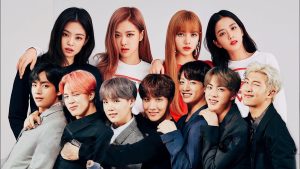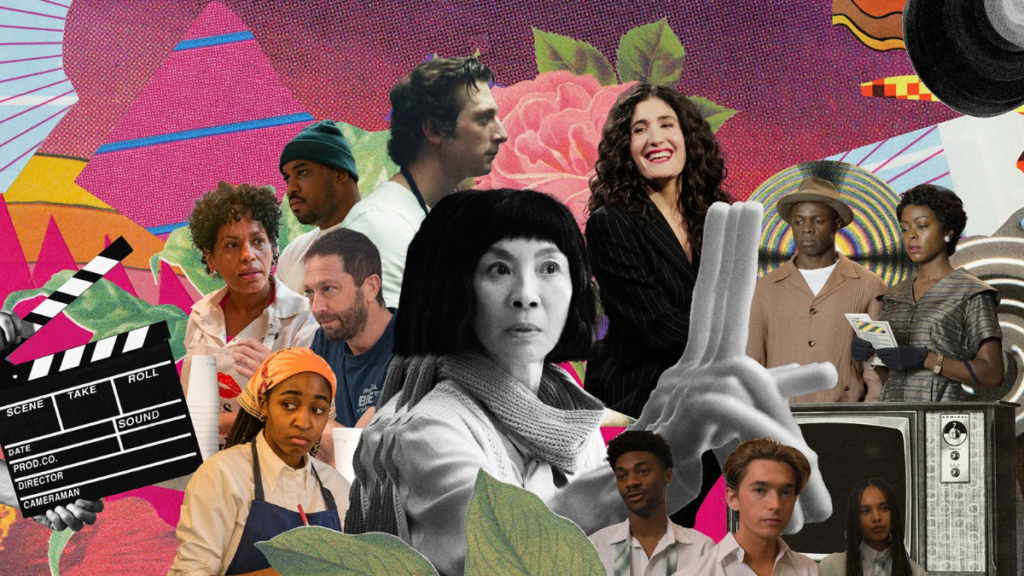Introduction
In an era where global connectivity has become the norm, the role of diversity in modern entertainment has never been more significant. The entertainment industry, encompassing film, television, music, and digital media, serves as a mirror reflecting society’s values, struggles, and triumphs. As such, it is crucial to explore how diversity shapes this influential sector, impacts audiences, and drives change.
Historical Context

-
Early Entertainment and Representation
Historically, the entertainment industry has often been criticized for its lack of diversity. Early Hollywood, for instance, was dominated by a narrow representation of race, gender, and culture. Minority groups were frequently stereotyped, marginalized, or entirely absent from mainstream media.
-
The Civil Rights Movement and Beyond
The Civil Rights Movement of the 1960s marked a turning point, prompting a gradual, albeit slow, increase in the representation of African Americans and other minorities in entertainment. Trailblazers like Sidney Poitier and Diahann Carroll began to break barriers, paving the way for future generations.
The Current Landscape

-
Film and Television
Today, the landscape of film and television is markedly different. The success of movies like “Black Panther,” “Crazy Rich Asians,” and “Parasite” demonstrates that diverse stories resonate with global audiences. Streaming platforms such as Netflix and Amazon Prime have also contributed to this shift by providing a platform for diverse voices that might not find a place in traditional Hollywood.
Case Study: “Black Panther”
“Black Panther,” directed by Ryan Coogler, is a prime example of how diversity in entertainment can lead to both critical and commercial success. The film, which features a predominantly African American cast and crew, grossed over $1.3 billion worldwide and received numerous awards. It not only showcased African culture in a positive light but also challenged the industry’s status quo.
-
Music Industry
The music industry has long been a melting pot of cultures and influences. Artists from various backgrounds have enriched genres ranging from jazz and blues to hip-hop and pop. The rise of global music phenomena like K-pop further underscores the importance of diversity in modern entertainment.
The Impact of K-pop
K-pop, with its roots in South Korea, has taken the world by storm. Groups like BTS and Blackpink have garnered massive international followings, breaking language barriers and bringing Korean culture to the forefront of global entertainment. This phenomenon highlights how diversity can lead to cultural exchange and mutual appreciation.
-
Digital Media and Social Platforms
The advent of digital media and social platforms has democratized content creation, allowing for a more diverse range of voices to be heard. Platforms like YouTube, TikTok, and Instagram have given rise to content creators from various backgrounds, each bringing their unique perspectives to the forefront.
Influencer Diversity
Influencers like Lilly Singh, who is of Indian descent, and Bretman Rock, who is Filipino, have built massive followings by embracing their cultural identities and challenging stereotypes. Their success underscores the growing appetite for diverse content in the digital age.
The Impact of Diversity in Entertainment

-
Cultural Representation and Identity
Diversity in entertainment plays a crucial role in shaping cultural representation and identity. When audiences see themselves reflected in media, it fosters a sense of belonging and validation. Conversely, the lack of representation can lead to feelings of invisibility and marginalization.
-
Breaking Stereotypes
Diverse representation also helps to break down harmful stereotypes. By showcasing multifaceted characters and stories, the entertainment industry can challenge preconceived notions and promote a more nuanced understanding of different cultures and identities.
-
Economic Benefits
From an economic standpoint, diversity in entertainment can lead to increased profitability. Studies have shown that diverse films and shows often perform better at the box office and attract a broader audience. This trend underscores the demand for inclusive content and the financial incentives for the industry to embrace diversity.
Challenges and Future Directions

-
Barriers to Entry
Despite the progress made, significant barriers to entry remain for underrepresented groups in the entertainment industry. Issues such as lack of access, systemic bias, and limited opportunities continue to hinder diversity.
-
The Role of Industry Leaders
Industry leaders and decision-makers play a crucial role in fostering diversity. Initiatives such as inclusive hiring practices, mentorship programs, and diversity training can help create a more equitable environment.
-
The Power of Audiences
Audiences also wield considerable power in driving change. By supporting diverse content and holding the industry accountable, viewers can contribute to a more inclusive entertainment landscape.
Conclusion
The role of diversity in modern entertainment is multifaceted and profound. It shapes cultural representation, challenges stereotypes, and drives economic success. While progress has been made, there is still much work to be done to ensure that the entertainment industry truly reflects the rich tapestry of human experience. As we move forward, embracing diversity will not only enrich the stories we tell but also create a more inclusive and empathetic world.




